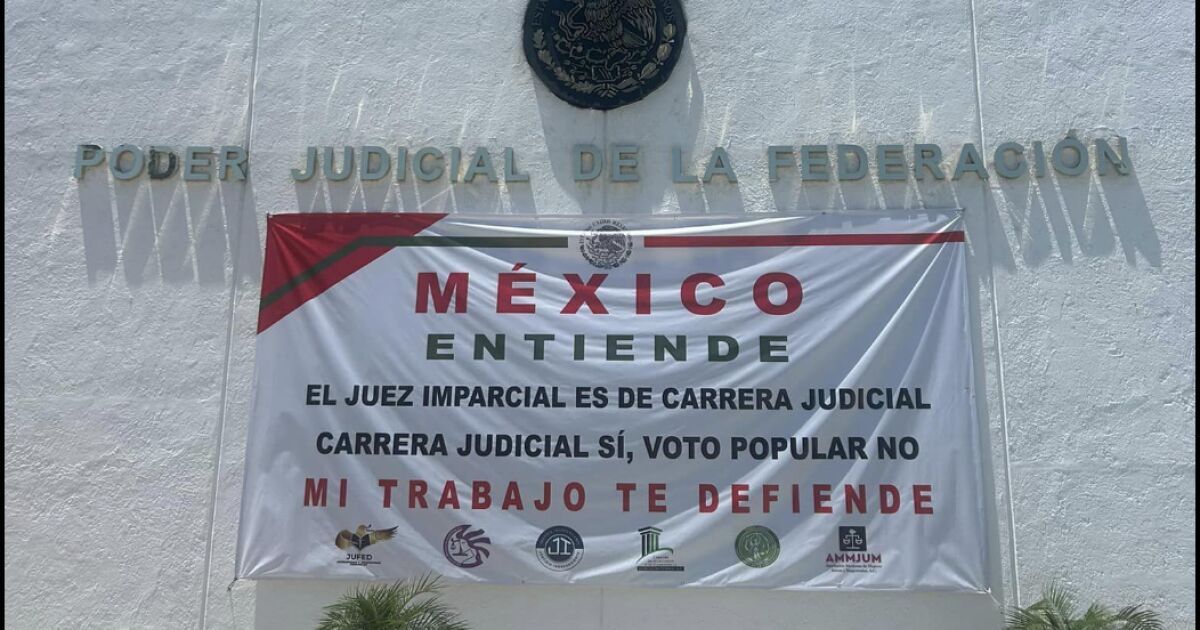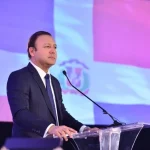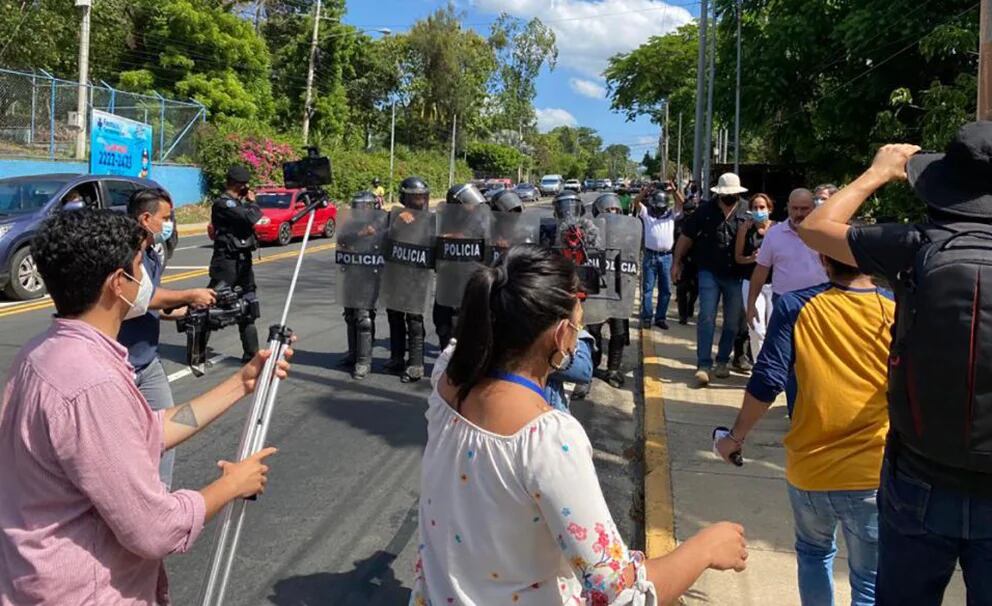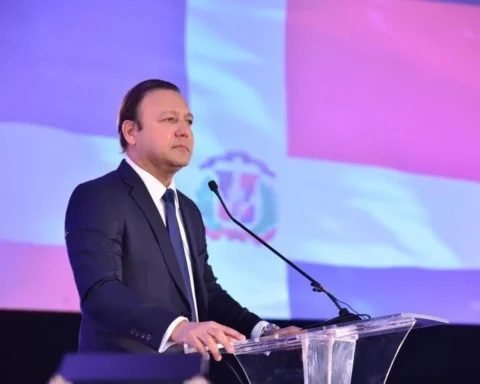This document, which is part of the analysis of the reform of the Judicial Branch, also mentions that for the appointment of magistrates and judges, compulsory competitions and courses were established for entry and promotion in all levels of the judicial career.
“The competitive examinations have three phases: application of questionnaires; admission of the best averages for the training course for judges, and evaluation carried out by a jury through oral examinations, resolution of practical cases, simulated hearings or any other mechanism established by the Federal School of Judicial Training,” reads the analysis document.
The stance in defense of the judicial race is something that has also been highlighted in recent weeks in social media messages from the Judicial Council.
The issue has also been addressed in forums on the reform of the Judicial Branch; one example is the intervention of Judge Mario Felipe Mata Ríos, who on July 9 argued the importance of having years of work and experience and not a matter of popularity as what places judges in office.
National Dialogues on Judicial Reform | Federal Judge Mario Felipe Mata defended the work of the judges and stressed that they reach their position thanks to their merits, knowledge and performance in the #JudicialCareerwithout owing anyone any favors. pic.twitter.com/EFjUG4Fzcn
—Federal Judges (@jufed_org)
July 9, 2024
In the reform to the Judicial Branch promoted by President Andrés Manuel López, it is proposed that ministers and judges be elected by direct vote. This has been rejected by the same experts in this matter, assuring that this is not the solution to the problem of legitimization of this Branch of the Union, especially so that the judicial career is not left aside.
“Let us take advantage of the judicial career, let us improve it in effect. The election of judges and magistrates, and especially of ministers, is not even a novelty. In the 2017 Constituent Assembly, the proposal had already been made to elect the ministers of the Supreme Court, through popular election,” argued Minister Luis María Aguilar Morales during his participation in the inauguration of the forums of this reform.

















